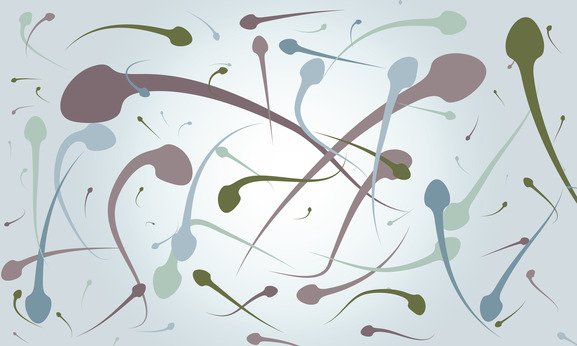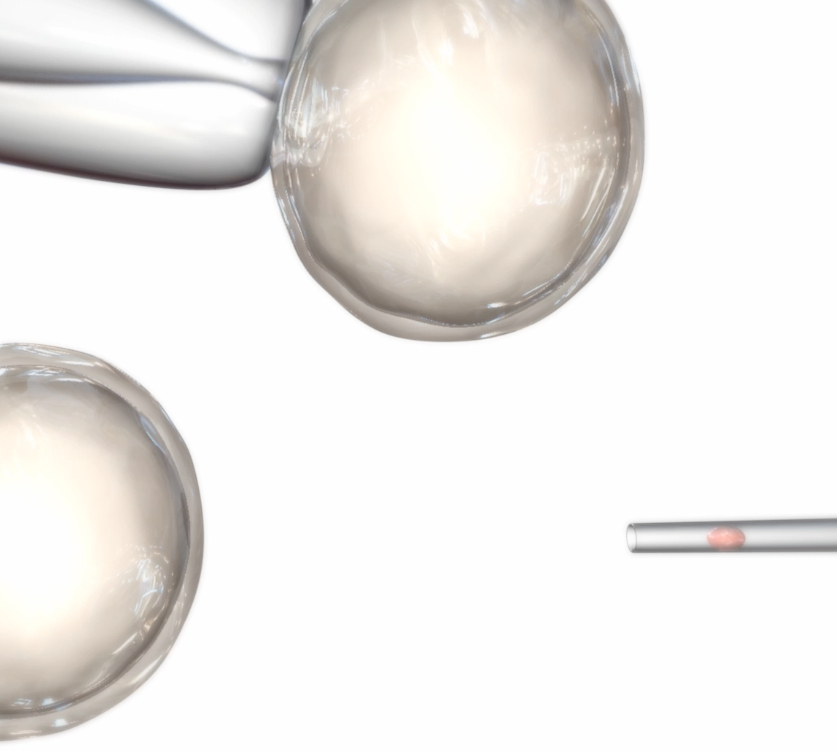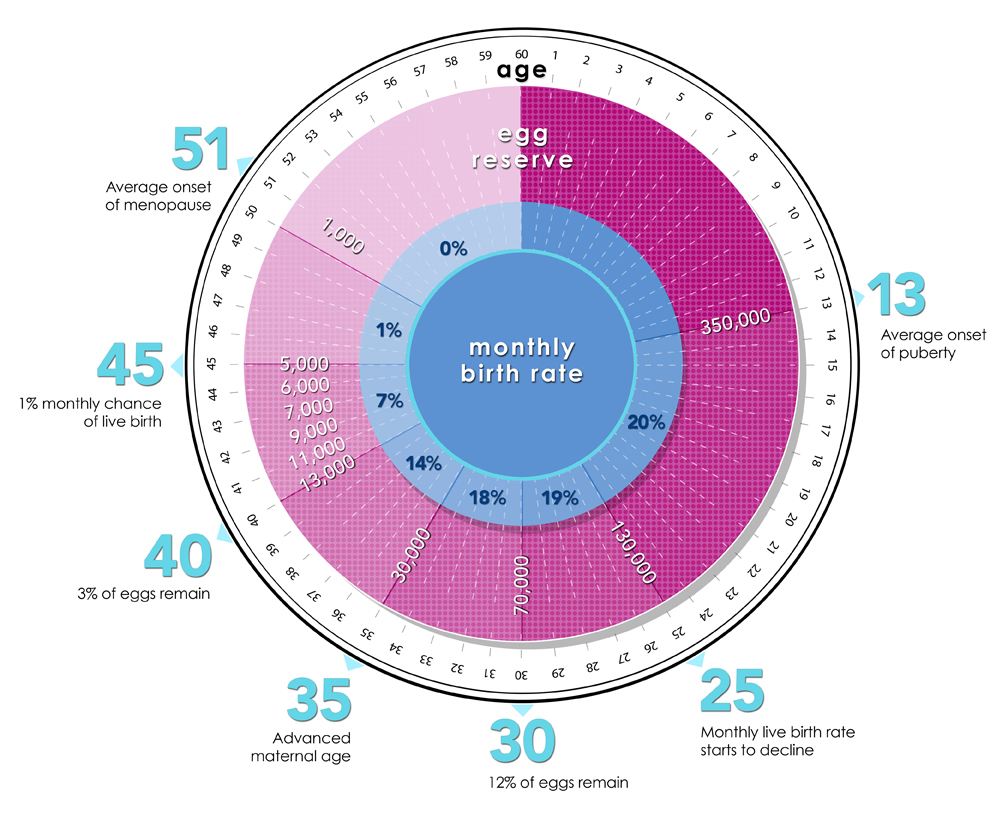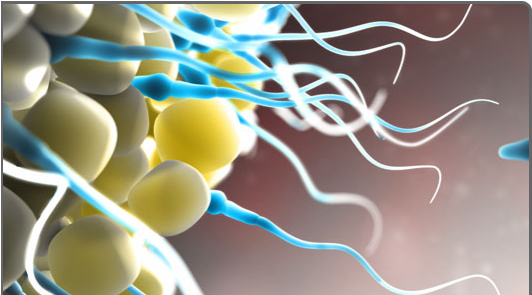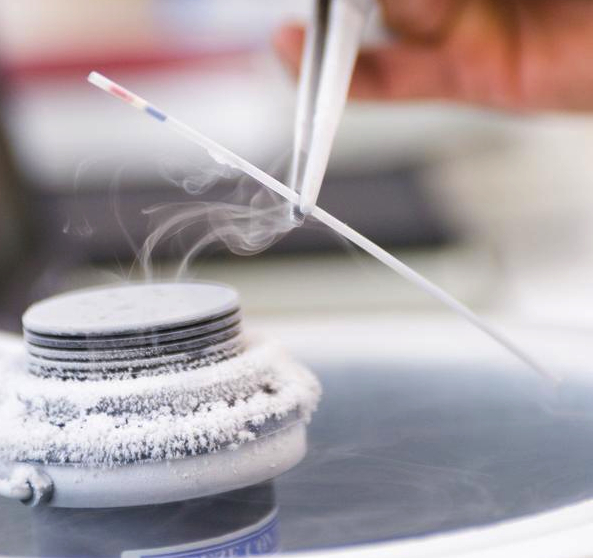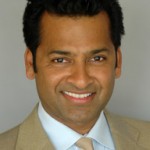(HealthDay News) Increased carbohydrate intake and dietary glycemic load and increased intake of full-fat dairy products are associated with worse semen quality, according to two studies presented at the annual meeting of the American Society for Reproductive Medicine, held from Oct. 20 to 24 in San Diego.
Jorge E. Chavarro, M.D., Sc.D., from the Harvard School of Public Health in Boston, and colleagues examined the association between carbohydrate intake and semen quality using data from 189 men, aged 18 to 22 years, recruited for the Rochester Young Men’s Study in 2009 to 2010. The researchers found that there was a suggestion of an inverse association for total carbohydrate intake with sperm concentration (P = 0.08 for trend). Dietary glycemic load correlated with lower sperm concentration (P for trend = 0.04). Sperm motility and morphology were unrelated to carbohydrate intake or glycemic load. Read full article.
